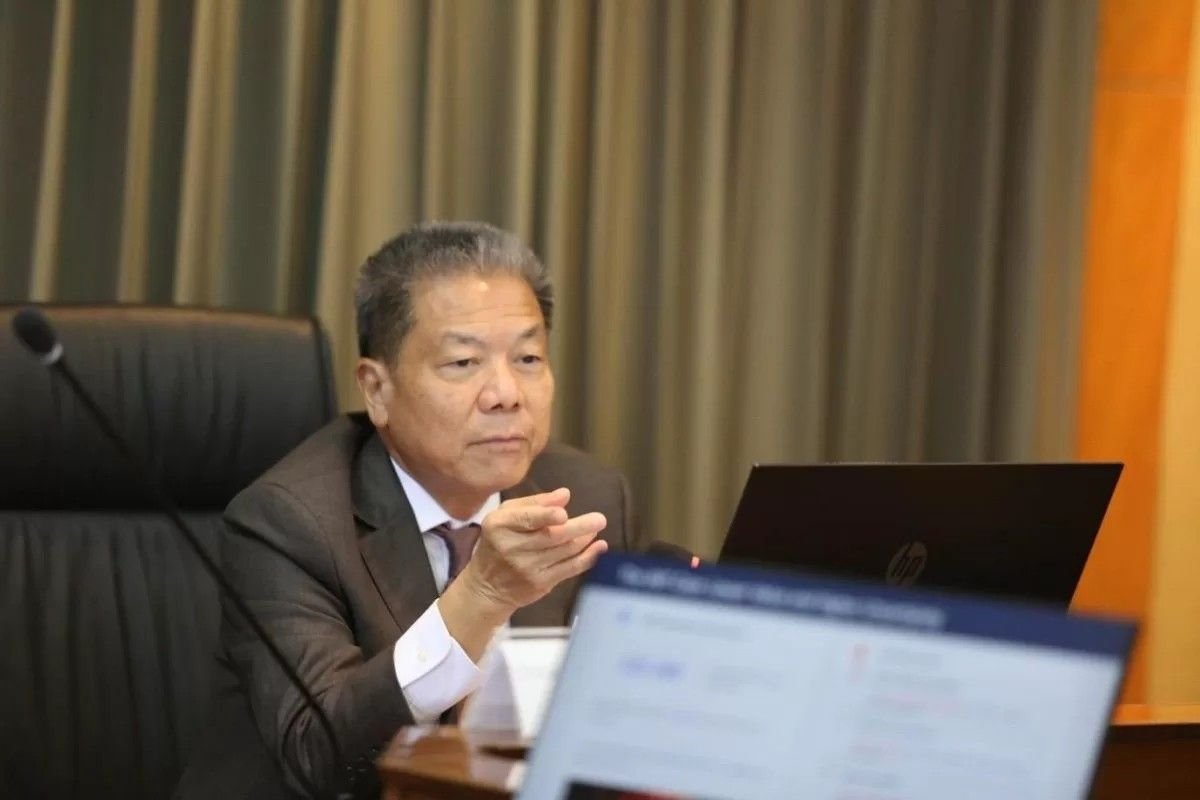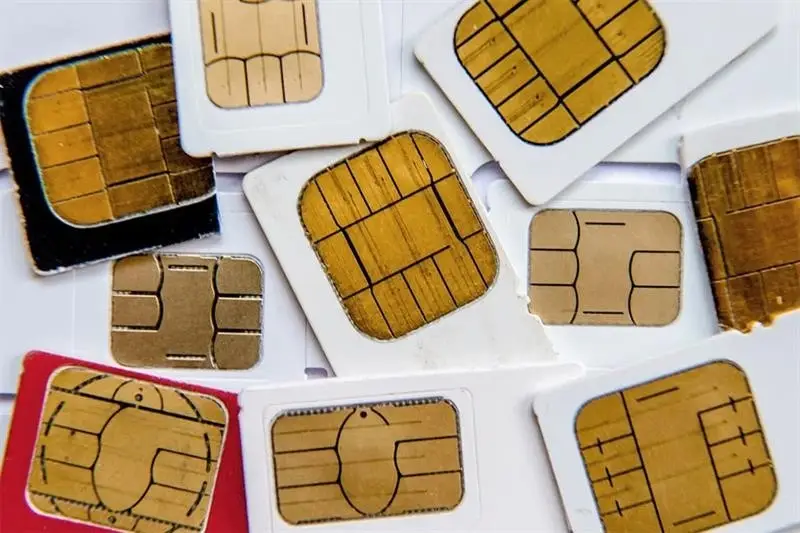The National Broadcasting and Telecommunications Commission (NBTC) of Thailand has held high-level discussions with the US government and the Wi-Fi Alliance on expanding the use of the 6GHz spectrum to accelerate Thailand’s digital transformation.
The meeting centered on three key topics. First, the results of a pilot test at Ramathibodi Hospital, Mahidol University, which showcased the benefits of full-band 6GHz WiFi for healthcare and education. The trial, supported by NBTC and the Wi-Fi Alliance, demonstrated more than double network throughput and a 400% reduction in latency compared to partial-band use—proving the 6GHz band’s potential for virtual learning and medical applications.
Secondly, an economic study estimated that the effective utilization of the 6GHz spectrum could contribute over 1.8 trillion baht to Thailand’s economy by 2030.
Lastly, the parties discussed the possibility of testing an Automated Frequency Coordination (AFC) system to optimize spectrum management in high-demand areas.
NBTC Chairman Dr Sarana Boonbaichaiyapruck reaffirmed the regulator’s commitment to maximizing public benefit through careful evaluation and openness to collaboration. Representatives from the US Embassy, the Wi-Fi Alliance, the Dynamic Spectrum Alliance, and major tech companies including HPE Aruba, Meta, and Cisco also attended.
Catherine Spillman, Minister Counsellor at the US Embassy, expressed support for continued cooperation to strengthen secure and modern connectivity across the region. The Wi-Fi Alliance confirmed that ecosystems for WiFi 6E and WiFi 7 devices are now ready for deployment.
Currently, Thailand’s WiFi operates in the 2.4GHz, 5GHz, and lower 6GHz bands, while the upper 6GHz band remains under testing for future telecom use.















